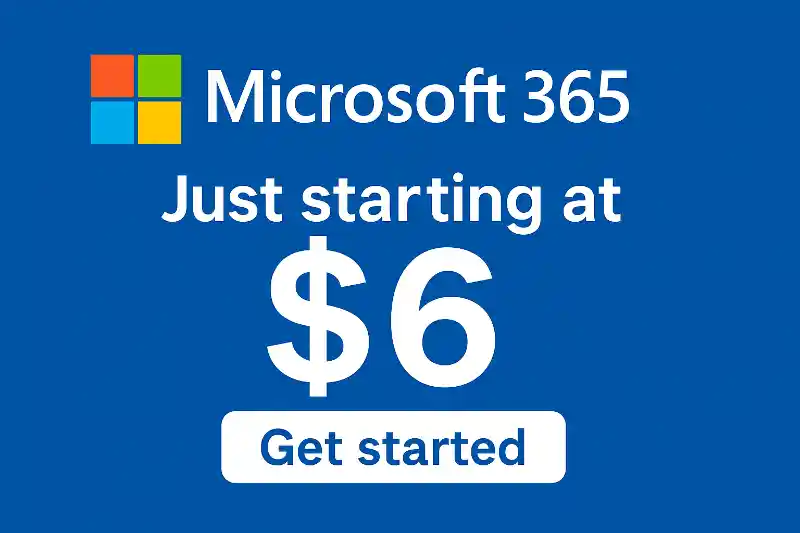In today’s world, where it’s easy to become consumed by screens, a new trend is emerging: digital decluttering. More people are stepping back from constant connectivity. You might have seen your friends opting for basic flip phones or using paper planners instead of digital apps. Many are finding a refreshing sense of calm by embracing activities that don’t involve screens.

The Strain of Constant Connectivity
Living with our devices glued to our hands can be overwhelming. We deal with emails, social media updates, and endless notifications, all leading to something called "digital burnout." Symptoms include stress, trouble sleeping, and feelings of being unfocused, despite being busy.
With the pandemic pushing our screen time to new heights, many now crave real, offline experiences. This growing desire to unplug has sparked a revival of analog activities.
The Return of Analog
People are rediscovering the charm of analog tools. From paper planners to instant cameras, the shift isn’t just trendy; it’s therapeutic. Writing by hand helps improve memory and gives a sense of ownership that digital tools can miss.
For example, film photography has seen a surge in popularity, especially among younger generations. Instant cameras allow users to capture unique moments while producing tangible photos. Similarly, the revival of vinyl records shows that many enjoy the immersive experience of listening to entire albums, free from distractions.
Despite the rise of e-readers, physical books remain popular. Independent bookstores thrive, partly thanks to the #BookTok trend on social media. More people are also turning to bullet journaling or scrapbooking, finding joy in the tactile experience of creating.
The Meaning Behind the Shift
Why is this happening? The reasons are personal.
-
Mental Clarity: Taking breaks from screens often leads to reduced anxiety and improved focus. Activities like journaling or reading allow for mindfulness.
-
Nostalgia: There’s something special about the aesthetics of analog tools. Retro items create a cozy atmosphere that people love to share on social media.
-
Control: Writing on paper means fewer worries about data tracking and app crashes. It offers a sense of autonomy in our hyper-connected world.
- Deeper Engagement: Analog experiences encourage us to slow down and savor moments, like listening to a vinyl record or reading a newspaper without hurried scrolling.
Finding Balance
People aren’t completely abandoning technology; they’re simply finding balance. Many use digital tools for tasks like fitness tracking while embracing offline hobbies to unwind. Digital decluttering often parallels physical organizing. Clearing unnecessary apps or muting notifications can provide mental clarity.
A more mindful approach to social interactions is also emerging, with people designating tech-free times during meals or game nights. These moments promote deeper connections and have led to communities forming around offline activities, like book clubs.
Embracing the Joy of Missing Out
As people lean into an analog lifestyle, they begin to appreciate the "joy of missing out" or JOMO. Without the constant barrage of notifications, life feels calmer and more intentional. Tasks like enjoying a coffee or taking a stroll become moments of peace.
Reducing screen time can enhance focus and decrease stress. Initially, some might experience feelings of missing out, but over time, many discover that important information finds its way to them without constant checking.
This trend isn’t about rejecting technology but using it more wisely. As digital decluttering continues to grow, it’s clear that people desire greater control over their time and attention.
So, next time you see someone journaling in a café or reading a paperback on a train, know they might just be embracing a fulfilling and mindful lifestyle. Finding space in our digital lives can bring a fresh perspective and help us reconnect with the present.
For more insights on managing digital life, check out this Harvard report on digital well-being.
Sources:
- "The Joy of Missing Out: The Importance of Digital Detox" – Harvard Health Blog.




















